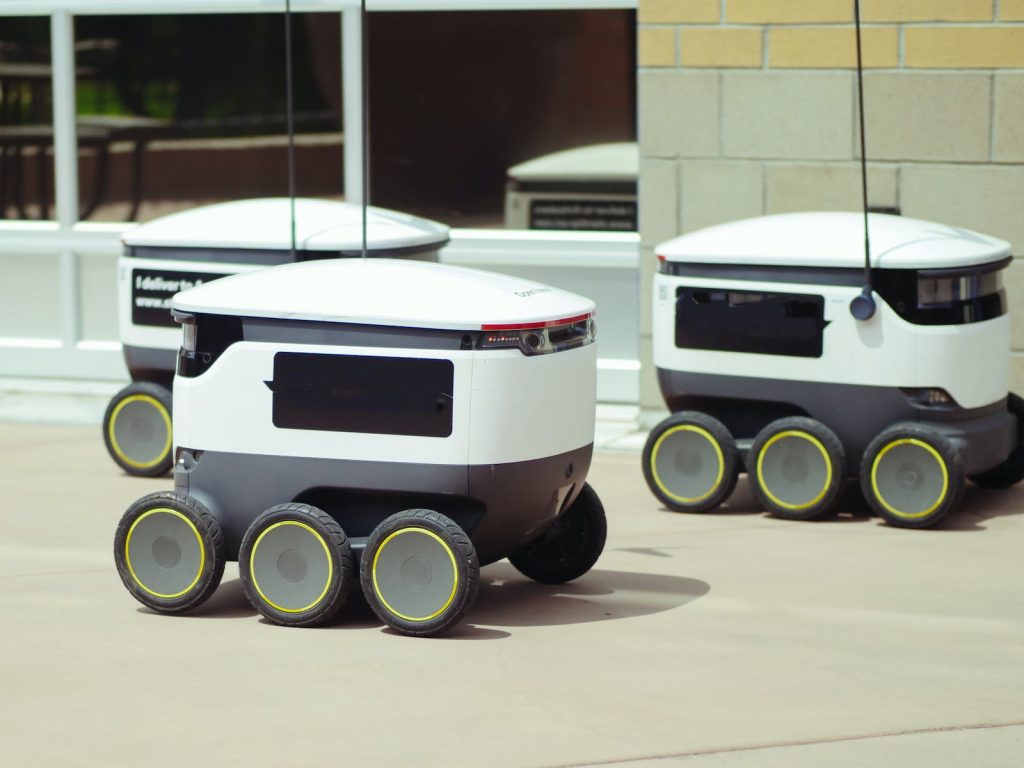ecropz
December 3, 2023
“The Future of Food: How Technology Will Transform Agriculture” by World Economic Forum
Food Is Incomplete Without Sweet Dessert

Introduction:
The global population is projected to reach 9.7 billion by 2050, posing a significant challenge to our ability to feed the world sustainably. As we stand on the brink of this demographic shift, the World Economic Forum (WEF) has been at the forefront of exploring innovative solutions to ensure food security. One of the key pillars in this pursuit is the transformative role of technology in agriculture, heralding a new era in the way we grow, harvest, and consume our food.
Precision Agriculture:
One of the most promising aspects of the future of agriculture lies in precision farming. This technology-driven approach involves the use of sensors, drones, and artificial intelligence (AI) to optimize various aspects of crop management. Precision agriculture enables farmers to monitor soil conditions, track crop health, and precisely apply fertilizers and pesticides. By doing so, it minimizes waste, reduces environmental impact, and increases overall efficiency.
Smart Farming:
The integration of the Internet of Things (IoT) in agriculture has given rise to smart farming practices. Sensors and connected devices collect real-time data on weather conditions, soil moisture levels, and crop growth. Farmers can access this information remotely, enabling them to make data-driven decisions and respond promptly to changing conditions. Smart farming not only enhances productivity but also promotes sustainability by minimizing resource use.
Vertical Farming:
The concept of vertical farming is revolutionizing traditional agriculture. In densely populated urban areas where arable land is scarce, vertical farming allows for the cultivation of crops in vertically stacked layers. Controlled environments, including temperature, light, and humidity, are optimized for maximum yield. This innovative approach reduces the need for large land areas, minimizes water usage, and shortens the supply chain, resulting in fresher produce reaching consumers.
Gene Editing and Biotechnology:
Advancements in gene editing technologies like CRISPR-Cas9 have opened up new possibilities in crop improvement. Scientists can now precisely modify the genetic makeup of crops to enhance traits such as resistance to pests, drought tolerance, and nutritional content. This has the potential to create more resilient and nutritious crops, ensuring food security in the face of climate change and other environmental challenges.
Blockchain in the Food Supply Chain:
Blockchain technology is being leveraged to enhance transparency and traceability in the food supply chain. By creating an immutable record of every transaction and movement of food products, blockchain ensures that consumers can trace the origin of their food and verify its authenticity. This not only reduces the risk of fraud and contamination but also promotes fair trade practices and supports sustainable agriculture.
Challenges and Considerations:
While the future of food promises unprecedented advancements, it also comes with challenges. Issues related to data privacy, ethical concerns in gene editing, and the digital divide in rural areas need careful consideration. Moreover, the transition to high-tech agriculture must be accompanied by policies that ensure inclusivity and mitigate any adverse effects on traditional farming communities.
Conclusion:
The World Economic Forum’s exploration of the future of food underscores the pivotal role of technology in shaping the agriculture sector. Precision farming, smart practices, vertical farming, gene editing, and blockchain are just a few examples of the transformative technologies that hold the key to sustainable and resilient food systems. As we embrace these innovations, it is imperative to do so with a keen awareness of the ethical, social, and environmental implications, ensuring that the benefits of technology in agriculture are shared equitably across the globe. The future of food is undeniably digital, and by harnessing the power of technology, we pave the way for a more secure and sustainable food future.
“The future of agriculture lies in the marriage of technology and sustainability, a union that promises to feed the world while nurturing the planet. As we navigate this digital frontier, let innovation be guided by a shared commitment to ethical, inclusive, and resilient food systems.” – Unknown

